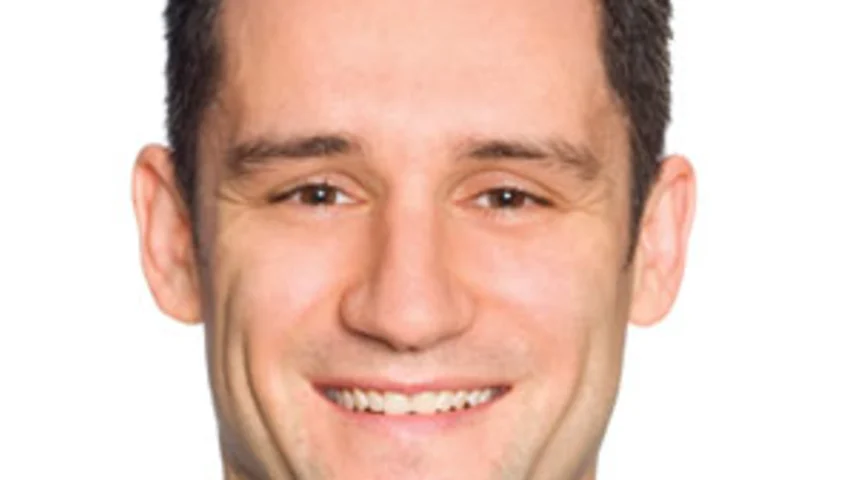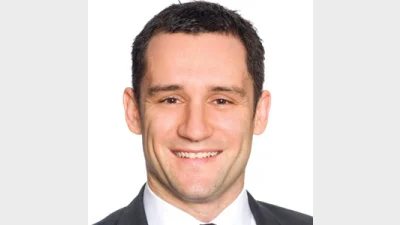REI Super builds wall of cash



REI Super has been building up its cash holdings and selling off equities, according to its investment consultant.
Ibbotson Associates managing director and chief investment officer, Daniel Needham, said the fund had continued to sell its exposure to equities and assets that had done well in December.
"We've stopped selling bonds because bonds are no longer moving up in price, they're moving down, but what we're doing is building extra cash," he said.
Needham said that although some thought it was a time for investors to be aggressive, the consultant was taking a cautious approach.
As other asset classes started to look less attractive, the fund was holding "higher than normal amounts of cash", Needham said, and if the market environment continued, it would continue to sell better-returning assets and build up cash.
"Our goal is always to buy assets at attractive prices, and that tends to be at times when most people are very concerned about markets - and that certainly isn't the case now," he said.
Prices would fluctuate a lot, so patient long-term investors would be able to buy assets at more attractive prices in the future, according to Needham.
He said REI had also invested into Australian commercial property and unhedged assets for their defensive characteristics.
Within equities, REI had invested into global listed infrastructure, because cash flows were less sensitive to the economic cycle and they were well priced.
Recommended for you
Australia’s largest super funds have deepened private markets exposure, scaled internal investment capability, and balanced liquidity as competition and consolidation intensify.
The ATO has revealed nearly $19 billion in lost and unclaimed super, urging over 7 million Australians to reclaim their savings.
The industry super fund has launched a new digital experience designed to make retirement preparation simpler and more personalised for its members.
A hold in the cash rate during the upcoming November monetary policy meeting appears to now be a certainty off the back of skyrocketing inflation during the September quarter.










